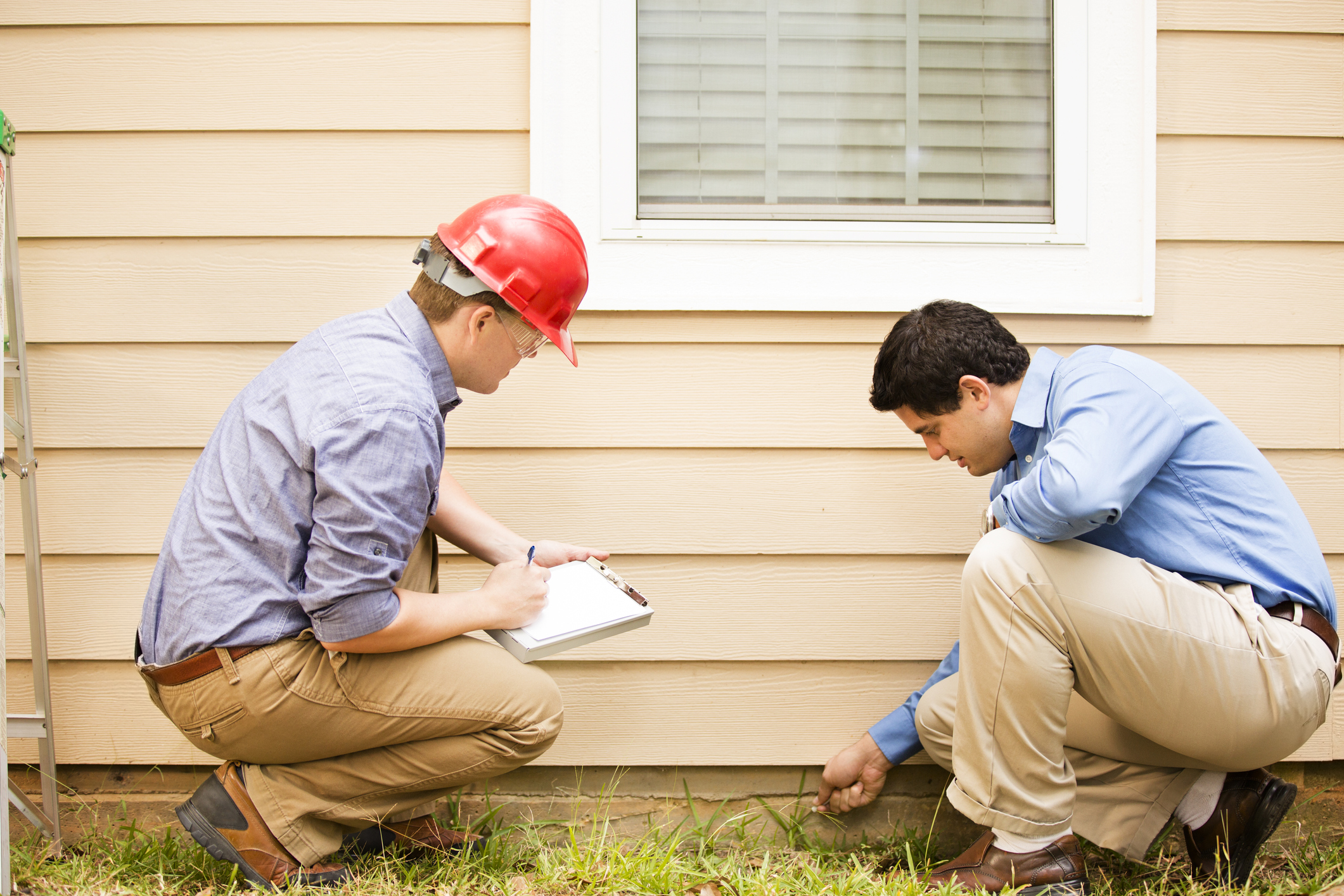
A final home inspection before the deal is sealed can be nerve-wracking for both the seller and the buyer.
The seller will have mentally prepared themselves to move on, while as a buyer, you have your heart set on your new home and will be bitterly disappointed if problems arise.
But even though the stakes are high, as a buyer, you should never forego your right to a final inspection by a qualified building inspector and pest controller.
As an experienced local real estate agent, I tell my clients even in a white-hot market that they’re crazy not to have a professional building inspection.
Less than 10% of property sales go ahead without a final inspection, according to the American Society of Home Inspectors.
While the market in our area is strong right now and properties are moving quickly thanks to motivated buyers making the most of record-low interest rates, I believe you still need to pause before purchase.
It is usual for a professional inspection to be held between 10 and 14 days after the initial signing of the contract of sale. Buying a new home is not inconsequential, so make sure you don’t skip this step in your desire to get the deal done as soon as possible.
Below, I’ve listed six great tips for buyers when considering how to approach a final home inspection.
Put it in the contract of sale – It’s a good idea to make any sale contingent on you having the opportunity to undertake a final inspection. This gives you up to 14 days to re-inspect the property with a professional contractor, and it will allow you to raise any issues that might affect the value of the property, or even give you an avenue to back out.
Nothing is perfect – You should be reasonable in your expectations. Few homes are ever perfect, no matter how much the owner has tried to repair and upgrade it before a sale. An inspector can’t be expected to rip the place apart to find problems. But you will receive a reasonable, professional opinion of the state of the home.
Specialist inspectors – Depending on the advice of your building inspector, you may need to seek a specialist’s assessment of specific aspects of the home. Potential problems such as shifting foundations or a leaking roof often require specialist advice.
Attend the inspections – This is an excellent opportunity to ask questions about any aspect of the home that might trouble you or hear directly from your inspector about issues they find. The inspector will give you a written report, but it’s best to be there with your agent. Sometimes sellers can get defensive about what is said by an inspector. Don’t engage in that. No one wins.
Choose your battles – If an inspection reveals any issues, you must choose whether you should request a repair, seek a discount on the asking price to which you have already agreed, walk away from the deal or let it go and live with it as the new owner.
Points of proof – If the seller agrees to undertake a repair, ask to see the invoice so you have evidence the work has been completed as required by a licensed contractor.
